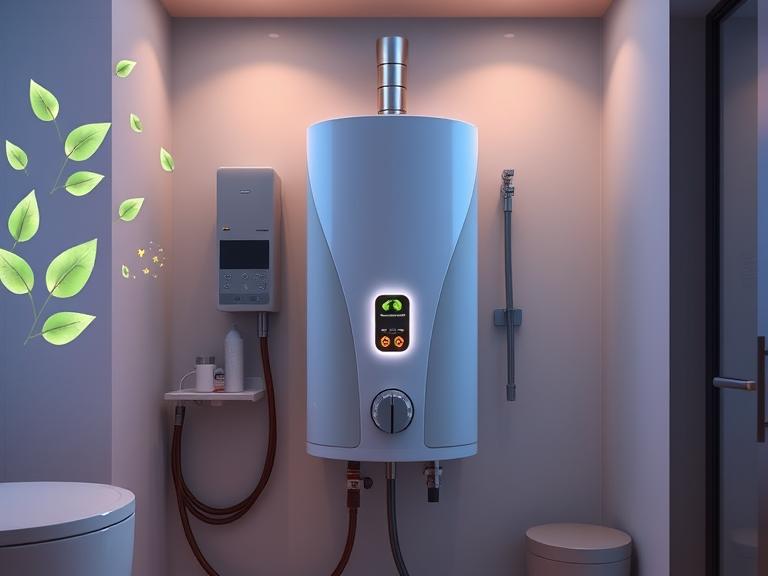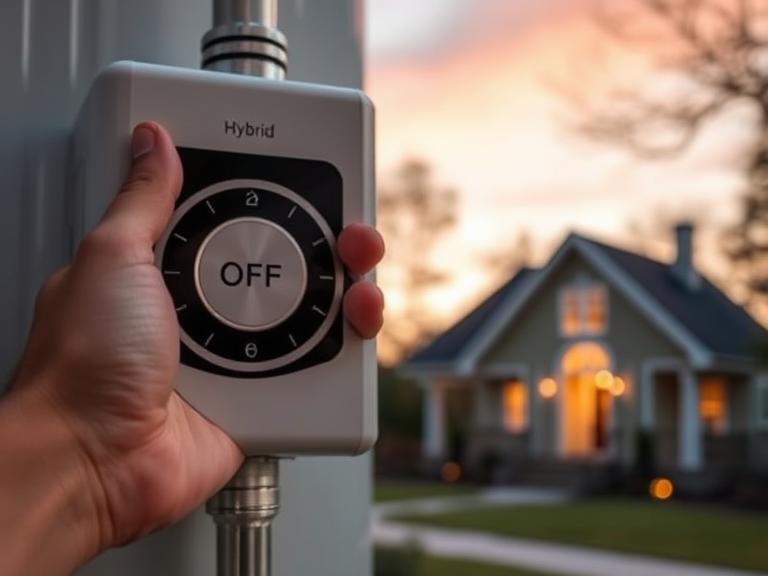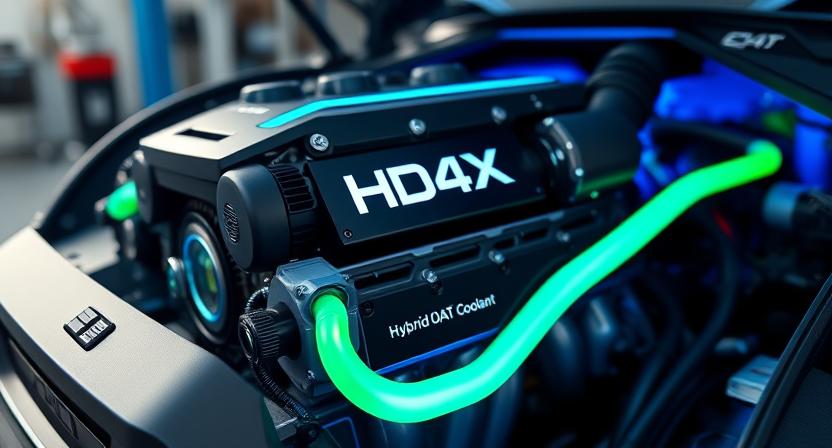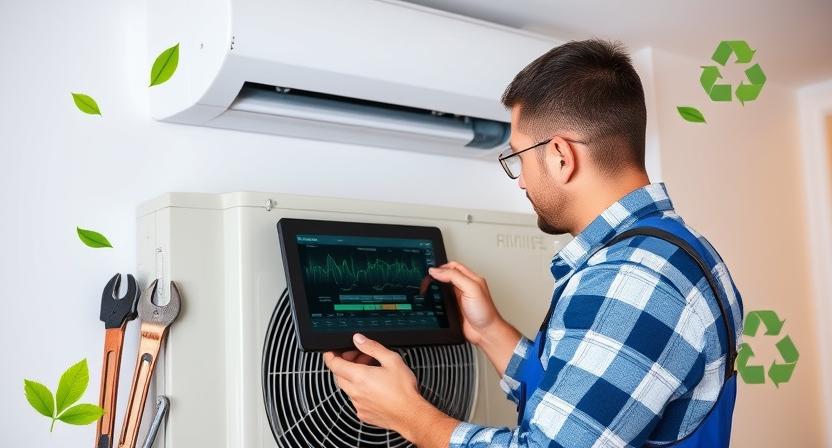“Are Hybrid Water Heaters Worth It Pros & Cons Inside”
Is a Hybrid Water Heater Worth the Investment?
are hybrid water heaters worth it A hybrid water heater, sometimes referred to as a heat pump water heater, blends heat pump technology with conventional electric heating. It is far more energy-efficient than traditional models since it draws heat from the surrounding air rather than producing it directly.
Why Do Many Homeowners Find Hybrid Water Heaters Valuable?
Because of their long-term cost savings, energy efficiency, and environmental advantages, hybrid water heaters are becoming more and more popular. However, do hybrid water heaters make sense for your house? Let’s take a step-by-step look.
Comprehensive Analysis: Are Hybrid Water Heaters Valuable?
Step 1: Cost Analysis of Hybrid Water Heaters
Initial Expense
First off, depending on the brand and capacity, hybrid water heaters can cost anywhere from $1,200 to $3,000. Installation fees could range from $500 to $1,500, particularly if you need to make changes to your plumbing or electrical systems.
Long-Term Savings
Additionally, compared to a typical electric water heater, you can save $300 to $500 annually on energy expenses. The majority of homeowners turn future savings into pure profit after three to six years.
Step 2: Energy Efficiency: The Benefits of Hybrid Models
Notably, compared to traditional electric heaters, ENERGY STAR® certified versions can save up to 70% on energy use.
Additionally, search for a Coefficient of Performance (COP) of 3.0 or greater, which indicates that for every unit of power used, three units of heat are produced.

Step 3: Does Your Home Need a Hybrid Water Heater?
Taking the Climate into Account
Above all, they function best in warm or temperate areas with plenty of heat from the surrounding air.
Space Needs
Furthermore, a minimum of 700 cubic feet of well-ventilated area, like a utility room or basement, is required for hybrid units.
Levels of Noise
However, if placed close to residential areas, their quiet hum—which is akin to that of a refrigerator—may be audible.
Step 4: Upkeep & Lifespan of Hybrid Water Heaters
Regular system checkups and yearly filter cleanings are often advised.
They are more corrosion-resistant than gas heaters.
The lifespan is somewhat longer than typical units, averaging 13 to 15 years.
Step 5: Environmental Advantages – An Eco-Friendly Water Heating Choice
Reduced electricity use therefore results in a smaller carbon footprint.
This fits perfectly with eco-friendly homeowners’ sustainability objectives.
You might also be eligible for tax credits or refunds of up to $600 or more.
The benefits and drawbacks of hybrid water heaters.
Advantages
Exceptionally energy-efficient
Reduced utility costs
Durable
Eco-friendly
Available incentives and rebates
Cons
greater starting price
requires room and a warm temperature.
Frequent upkeep is necessary.
In 2025, will hybrid water heaters still be worthwhile?
Yes—If Sustainability and Long-Term Savings Are Important to You
In the end, a hybrid water heater is well worth the initial expenditure if you have the room, reside in a climate that suits you, and have the money. It eventually pays for itself and contributes to environmental preservation.
FAQ: Is Investing in Heaters Worth It?
What is the lifespan of hybrid water heaters? A: Expect 13 to 15 years with the right maintenance.
are hybrid water heaters worth it In frigid climates, are hybrid water the investment? A: They are usable, but their efficiency may be decreased by their increased reliance on electric mode.
Are there opportunities for financing or rebates? A: Indeed! Numerous utility companies and manufacturers provide tax incentives, rebates, and financing.

Step 6: Which Is Better, Electric or Hybrid Water Heaters?
Hybrid water heaters consume 60–70% less energy than electric ones.
Electric models are less expensive initially, but they cost more to run over time.
Step 7: Which Is Better, Gas or Hybrid Water Heaters?
On the one hand, hybrids are more environmentally friendly and safer because they don’t burn fuel.
Gas heaters, on the other hand, produce CO₂ and have greater running expenses despite heating more quickly.
Step 8: Selecting a Valuable Hybrid Water Heater
What to Search for:
For most households, a tank should be between 50 and 80 gallons in size.
Take a look at the Energy Factor (EF) for efficiency: Better efficiency is equal to a higher EF.
Think about brand reputation as well: Select models with warranties of at least ten years.
Leading Brands to Take Into Account:
Rheem
Smith, A.O.
GE GeoSpring
White Bradford
Step 9: How to Install a Hybrid Water Heater That Is Worth It
Professional vs. Do-it-yourself
Although do-it-yourself installation is feasible, professional installation guarantees warranty protection and code compliance.
List of Pre-Installations
Ensure that there is a minimum of 700 cubic feet of space.
Verify that a condensate drain is accessible.
requires an outlet with 240V.
40°F to 90°F is the ideal operating temperature.
Step 10: Verified Reviews: Do Hybrid Water Heaters Make Sense?
Homeowners’ Opinions:
“In just six months, my electricity bill decreased by 40%.” “Effective, quiet, and well worth the money.”
Typical Comments:
Advantages: Eco-friendly, energy-efficient, and clever features 👍 Negative: Expensive initial outlay, modest decline in performance during the winter are hybrid water heaters worth it

Step 11: Ingenious Features That Make Hybrid Water Heaters More Valuable
Wi-Fi Controls: Use your phone to change the settings
Energy Monitoring: Monitor real-time savings
Vacation Mode: Conserve energy while on vacation




Post Comment